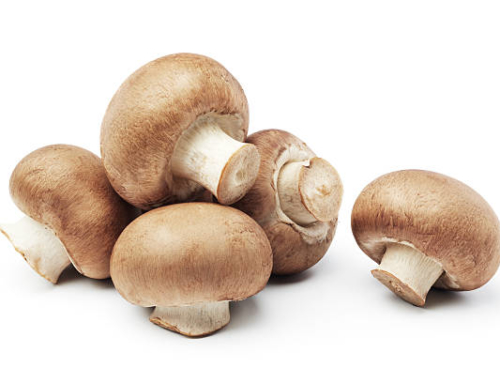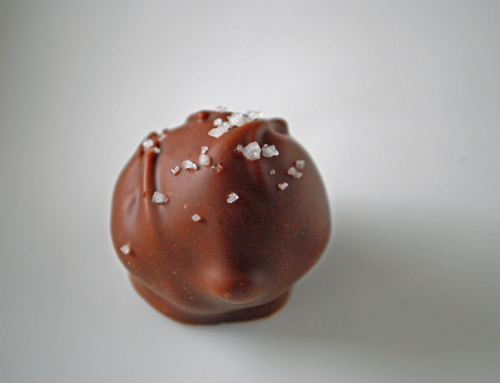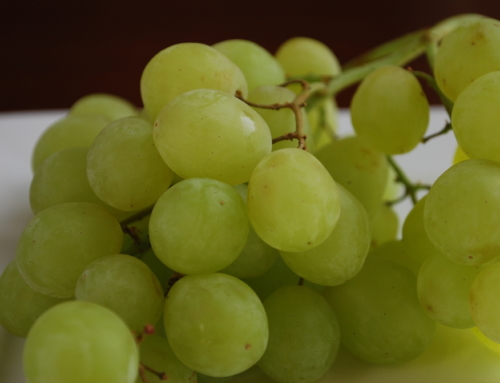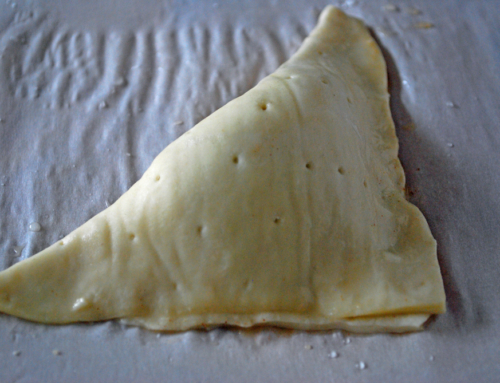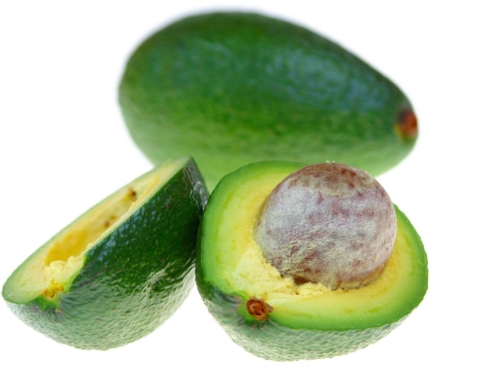If you have any reason to suspect your pet has ingested something toxic, please contact your veterinarian or one of the other resources listed:
• ASPCA Animal Poison Control Center 24-hour hotline at (888) 426-4435
• Pet Poison Helpline® 24-hour animal poison control service at (855) 764-7661
Onions, Garlic and Chives
When ingested, the Allium species of plants can cause gastrointestinal irritation and can also lead to damage of red blood cells. Members of this species include onions, garlic, chives and leeks.
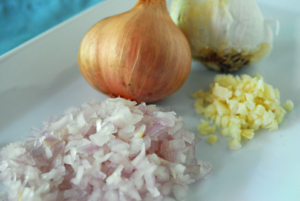
No matter the state of the Allium (cooked, dried, processed or spoiled) the toxicity concern remains. Please note that onion powder, sometimes used in homemade pet diets, is included in this category. While the occasional low dose of these products (found in some pet foods or treats) will not likely cause toxicity, it is extremely important that you limit your pets intake of these foods.
In addition to dogs and cats, birds are also indicated for this toxicity.
Signs and symptoms of toxicity: vomiting, diarrhea, lethargy, difficulty breathing, rapid heart beat, refusal to eat, and oral/esophageal/gastric pain. Signs may not occur until several days after ingestion.
Toxic Consumption: Toxicosis may occur if 0.5% or more of the animal’s body weight is ingested.
| X-Small Yorkie, Chihuahua |
Small Pug, Boston Terrier, Poodle |
Medium Beagle, Scottish Terrier |
Large Boxer, Cocker Spaniel |
X-Large Retriever, German Shepherd |
XX-Large Great Dane, St. Bernard |
| 1 – 10 lbs. (0.45 – 4.6 kg) |
11 – 25 lbs. (5 – 11.4 kg) |
26 – 40 lbs. (11.8 – 18.2 kg) |
41 – 70 lbs. (18.6 – 31.8 kg) |
71 – 90 lbs. (32.3 – 40.9 kg) |
91 – 110 lbs. (41.4 – 50 kg) |
 |
 |
 |
 |
 |
 |
| > 0.075 oz | > 0.85 oz | > 2 oz | > 3.25 oz | > 5.5 oz | > 7.3 oz |
| Most Cats | Large Cats |
| 1 – 10 lbs. (0.45 – 4.6 kg) |
11 – 25 lbs. (5 – 11.4 kg) |
 |
 |
| > 0.75 oz | > 0.85 oz |
References:
– Osweiler, G, et al. (2011). Blackwell’s five-minute veterinary consult clinical companion. Small Animal Toxicology. [Kindle version]. Retrieved from Amazon.com
Pet Poison Control is provided free as a public service by the American College of Veterinary Pharmacists. Today we’re asking you to support us with a small donation. If you would like to dedicate your gift in honor or memory of a pet or individual, you will have that option before checkout. Your gift of any amount helps us maintain this resource and make it available to the pharmacy and veterinary communities. Thank you!

